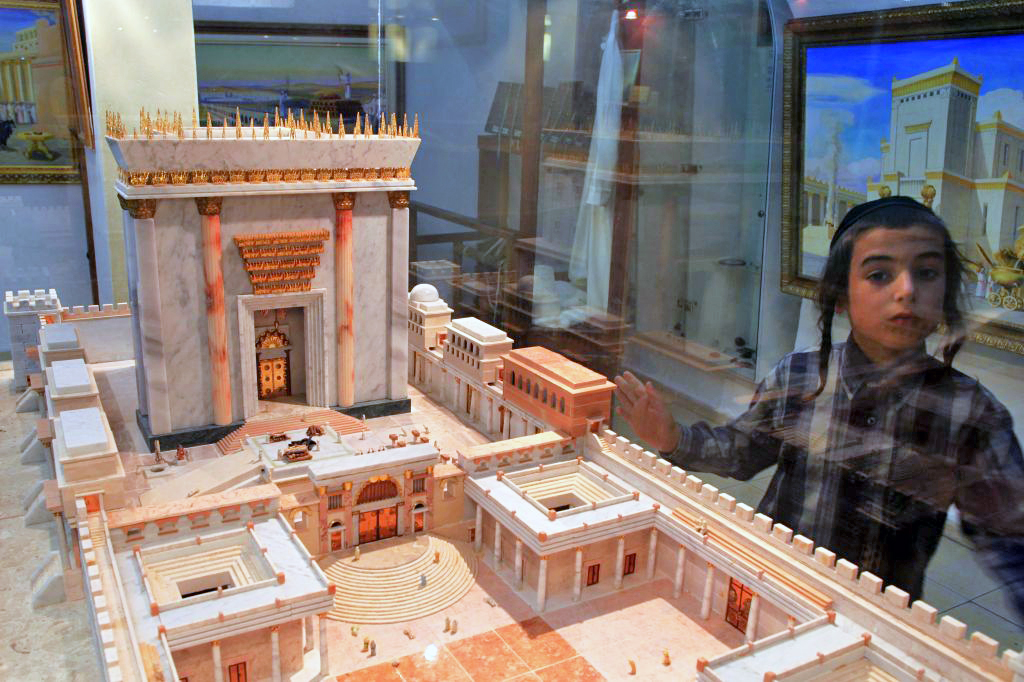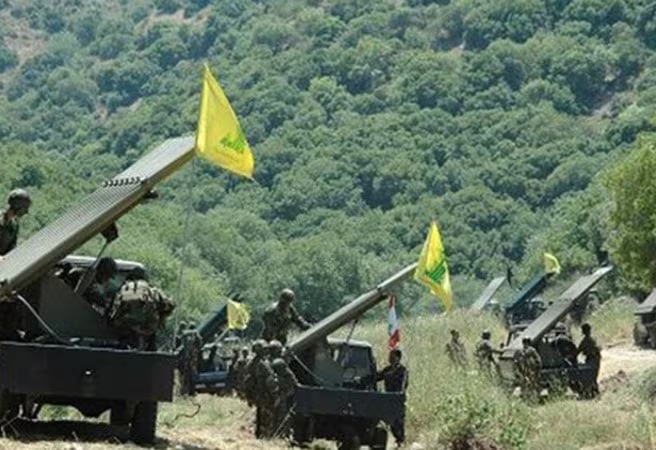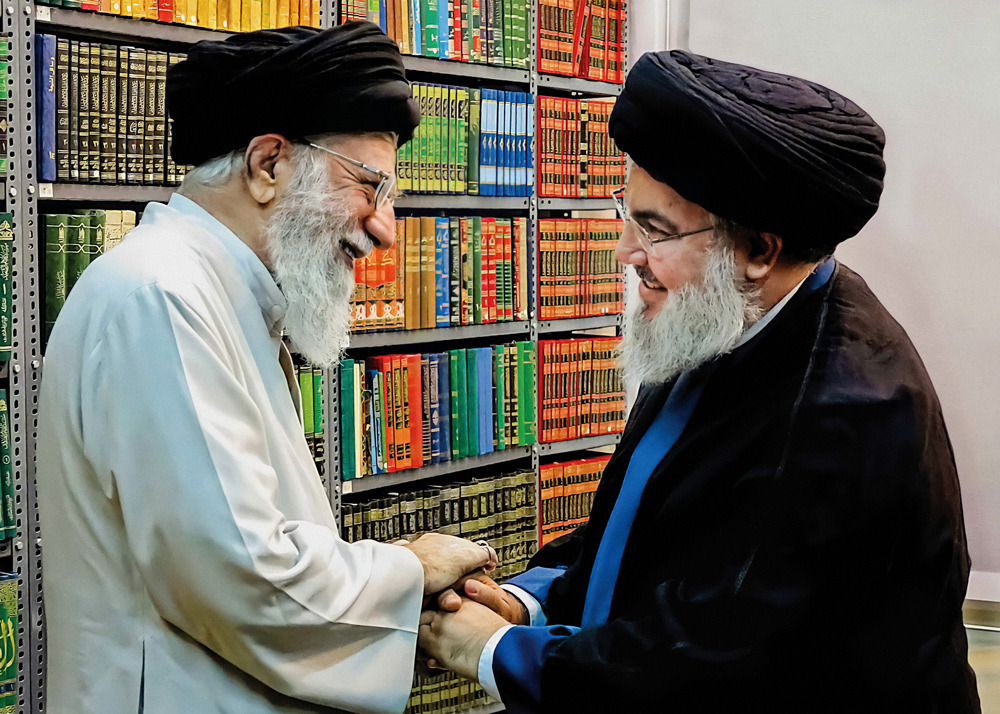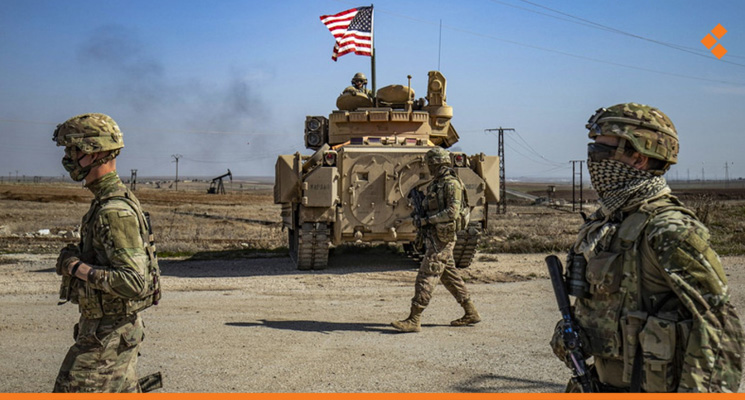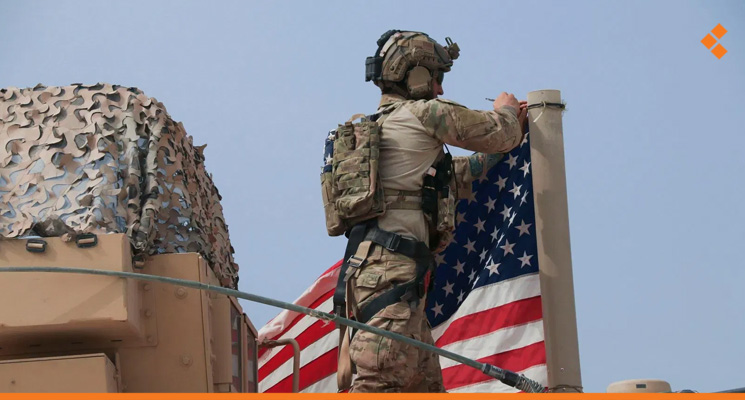ICT AS A FACTOR IN THE “ARAB SPRING”
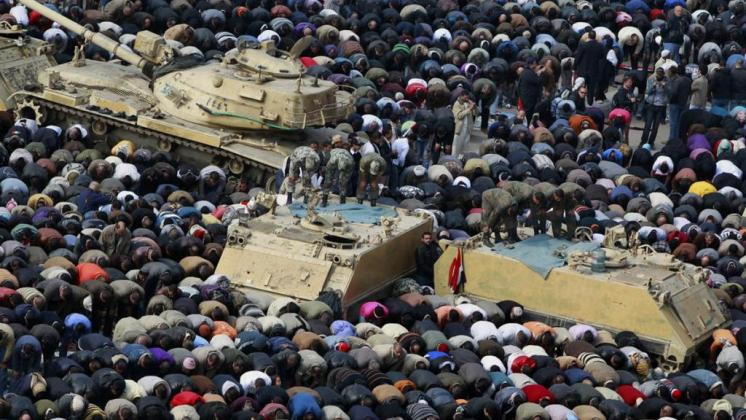
The chain of mass protests that swept through the countries of the Maghreb and the Middle East led not only to the undemocratic replacement of political elites and destabilized the socio-economic situation in the region, but actually became the beginning of the use of a new mechanism for the global redivision of the world. The use of so-called “soft power” as a set of predominantly non-violent measures to achieve political and economic goals with the involvement of large protest masses of the population was called the “Arab Spring”. These events in the Arab region demonstrated to the world community the effect of so-called “controlled chaos” technologies, which have not been fully studied by specialists and require a comprehensive analysis at the intersection of various sciences, from political science to neurophysiology and human psychology. The techniques used in hybrid wars are not based on socio-economic or political problems, but are based on new technologies for turning off the critical consciousness of people and involve the emotional and subconscious spheres of the personality of those being manipulated. It is important to note that mass protests of civilians against the authorities took place in countries with high rates of economic growth, with a poverty level of no more than 20% and a relatively low level of corruption. In the traditional understanding of the term “revolution,” in these countries there were no objective prerequisites for popular anti-government protest. However, the destabilization of the situation occurred almost instantly and led to the overthrow of the existing governments. In these cases, fundamentally new mechanisms were used to control the protest crowd [1]. An important point in the events of the “Arab Spring” was the widespread use of the Internet and various information and communication technologies, which played the role of a driver and system-forming principle for the protest masses.


